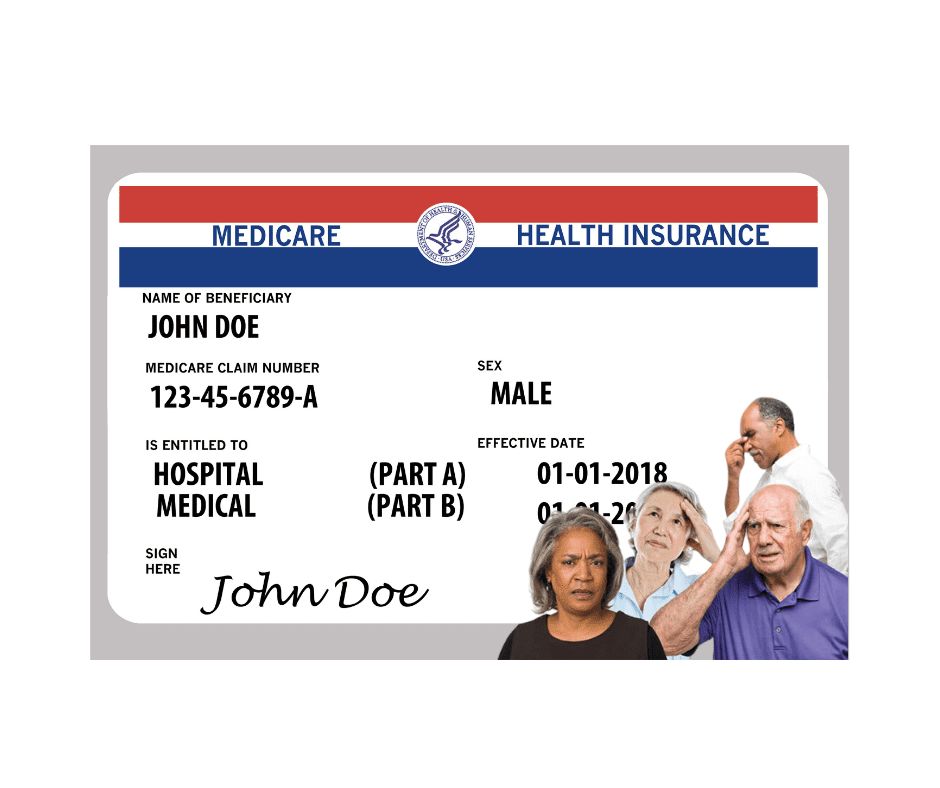Most people don’t think about Medicare until their 65th birthday creeps up. While most of us don’t relish the idea of getting older, we do look forward to the government footing the bill for our medical care.
What many people who are eligible for Medicare don’t realize is that Medicare isn’t free. Though Medicare Part A covers inpatient hospital care and some similar services, if you’ve worked for at least ten years and diligently paid your taxes, it doesn’t cover 100% of other medical expenses like doctor visits and prescription drugs.
Instead, you can expect Medicare coverage to pay for only about 80% of your medical treatments and care costs. And, regarding prescription drugs, there’s usually no coverage.
To prevent mounting medical bills, seniors can choose between Medigap and Medicare Advantage to supplement Medicare coverage. The question is: which one is better?
This article aims to answer that question.
Notable Differences Between Medicare Supplements and Medicare Advantage Plans
Before we dive in, the chart below summarizes the key differences between Medigap and Medicare Advantage:
| Medigap | Medicare Advantage |
|
Supplements Medicare Parts A and B
|
Serves as an alternative to original Medicare |
|
Coverage extends to any doctor or hospital in the United States that accepts Medicare
|
Must usually stay within a specified provider network |
|
No need for prior authorization or referrals to be seen by a doctor or specialist
|
Referrals and prior authorizations are often required to see a specialist |
|
Must purchase separate Part D plans for prescription drug coverage |
May cover services that Medigap doesn’t, including prescription drugs
|
|
No automatic cap on out-of-pocket expenses (plans may vary)
|
Annual cap on out-of-pocket expenses
|
|
Higher monthly premiums
|
Low or no monthly premiums |
|
Often (but not always) more expensive
|
Often (but not always) less expensive |
What is Medigap?
Medicare Supplement Plans, which are also called Medigap, bridge the “gap” between what Medicare Parts A and B cover and what your medical needs are.
So, for example, when only 80% of doctor service or outpatient care is covered by your Medicare plan, a Medigap plan can pick up some or all of the out-of-pocket costs. The catch is that Medigap won’t cover anything that your Medicare doesn’t cover. This means that you will likely need a separate Medicare Part D prescription drug plan for medication.
Overall, there are ten different Medigap plans available, each providing different benefits and coverage at varying costs.
One of the biggest benefits of Medigap is that you aren’t restricted to seeing specific doctors that are “in network.” Medigap plans allow you to visit any doctor or hospital that accepts Medicare.
What is Medicare Advantage?
Medicare Advantage plans are also called Medicare Part C. It combines coverage from Medicare Parts A and B with additional coverage for items not typically covered by Medicare, including routine vision and dental care as well as prescription drugs.
The structure of Medicare Advantage is most similar to traditional health insurance with familiar-style HMO (health maintenance organizations) and PPO (preferred provider organizations) plans. While this familiarity can be comfortable (and cost-effective), it can be inconvenient to search for in-network providers or delay (or pay more for) care while traveling.
In many situations, one may choose Medicare Advantage as a more cost-effective option than Medigap because it has lower (if any) premiums and more add-on services. The scales can tip the other way for seniors who have more health challenges. An insurance advisor can help you determine which plan is best for you based on your current and projected health.
Can I Have both Medigap and Medicare Advantage?
The short answer is no. You can buy a Medigap supplemental insurance plan to add to your original Medicare coverage, or you can purchase a Medicare Advantage plan, but you cannot have both plans simultaneously.
While both Medigap and Medicare Advantage supplement any gaps in your regular Medicare coverage plan, they can’t be stacked together.
Factors to Consider when Choosing Medigap or Medicare Advantage
There’s no uniform answer to which type of plan is better. There are several factors to consider.
Cost
Medicare Advantage plans can be less costly, but often that comes with tradeoffs hidden in the fine print. There could be exclusions for drug benefits, for example. Other variables that could affect cost include provisions for copays, premiums, coverage limits, and out-of-pocket expenses.
We recommend working with an insurance broker to map out the various scenarios and select the one that balances your budget with your health coverage needs.
Doctors
With Medicare Advantage, you are usually restricted to in-network physicians and providers. If you go out of network, some or all of your costs may not be covered. With Medigap, on the other hand, you can use any doctor or facility that accepts Medicare.
When you have a favorite physician and staying in-network is a challenge, you might prefer a Medigap policy.
Geography
Do you live in an area where doctors and hospitals are plentiful or scarce? If your choices are few, having choice and flexibility under Medigap’s coverage might be non-negotiable.
Health
If you already have chronic health conditions or are at risk of developing one soon, you are likely concerned about the potential for substantial out-of-pocket costs. Medicare Advantage plans often have caps on out-of-pocket expenses, which can offer you peace of mind. On the other hand, if your Medicare Advantage plan doesn’t provide generous coverage, you could find yourself pushing the limits of those annual caps.
If you have health conditions that require expensive prescription drugs, look for plans that specifically provide coverage here.
Lifestyle
If you travel or have multiple residences, Medicare Advantage’s restrictions on out-of-network care could present challenges. If you are a frequent flier, you could be better off with Medigap.
The Bottom Line
Choosing between Medigap and Medicare can be a daunting task, even after reading through this guide. For further assistance and to learn more about Medicare Advantage, please don’t hesitate to contact The Modern Medicare Agency either via telephone at (800) 219-0453 or through our online form.






